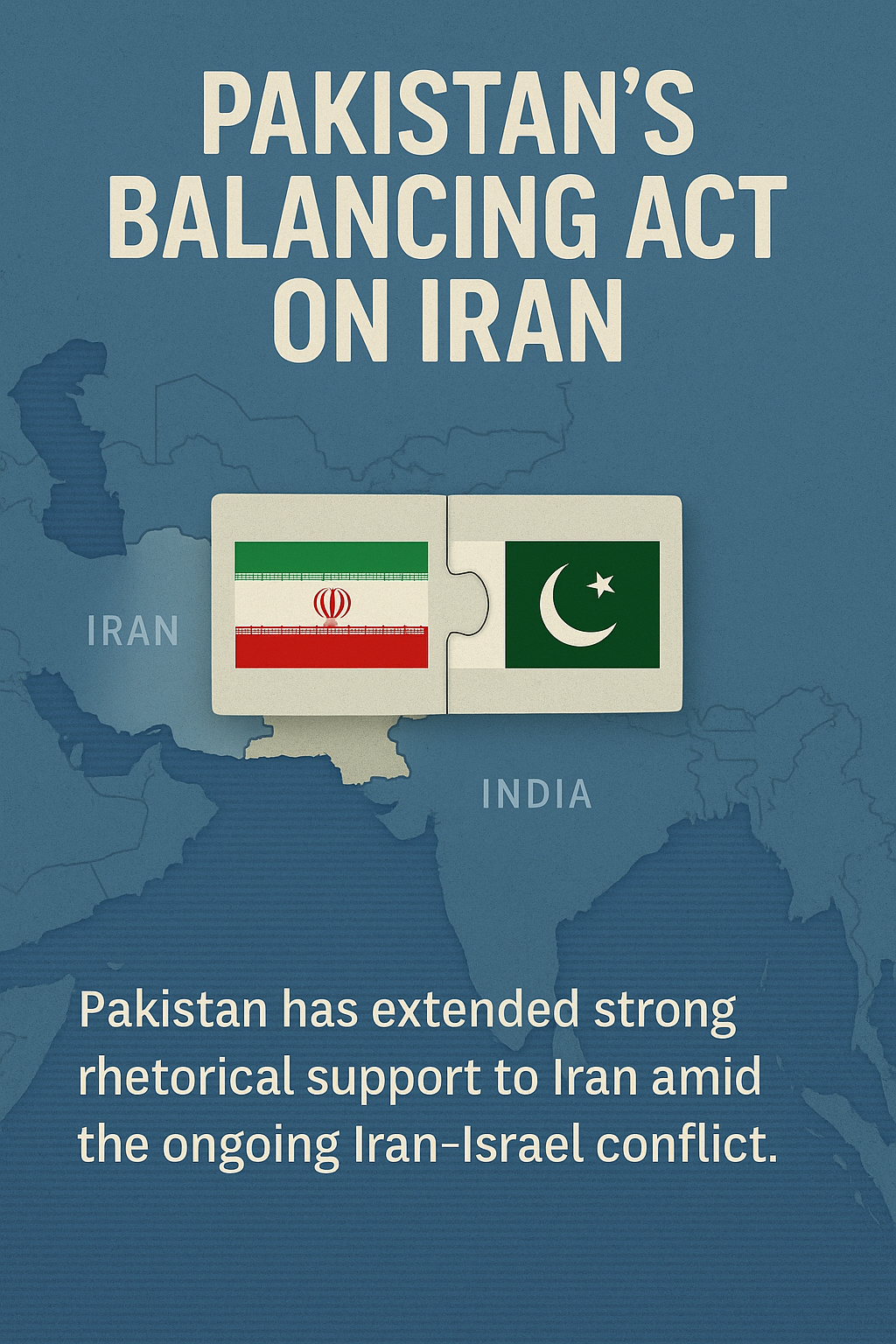230.
🗣️ Culture & Linguistic Rights
✍️ TSF Protests for Roman Script Adoption in Kokborok – A Call for Cultural Recognition in Tripura
In a powerful assertion of linguistic and cultural identity, the Twipra Student Federation (TSF) recently staged protests in Agartala, demanding the adoption of the Roman script for the Kokborok language.
This movement is part of a long-standing campaign by the Borok people to safeguard their language and affirm their cultural autonomy.
📜 Background of Kokborok
- A Sino-Tibetan language, part of the Bodo–Garo branch
- Spoken by the Borok (Tripuri) community of Tripura
- Officially recognised in 1979
- Historical roots trace back to the 1st century AD
- Etymology:
- Kok = speech or verbal
- Borok = people
🧮 According to the 2011 Census:
- 880,537 people speak Kokborok
- Nearly 24% of Tripura’s population
📣 TSF’s Ongoing Demand
- The TSF has been advocating for the Roman script for years
- Past efforts included appeals to state officials and educational boards
- Despite promises from the Tripura Board of Secondary Education, no policy changes were implemented by 2025
This protest marks a renewed push for script reform and cultural justice.
🔤 Why the Roman Script?
- Roman script (Latin alphabet) is the most widely used globally
- Advantages for Kokborok speakers:
- Easier literacy acquisition
- Compatibility with digital platforms
- Preservation of phonetic clarity
- Reinforces indigenous identity
The community sees the Roman script as key to ensuring intergenerational continuity and relevance.
🏛️ Demand for Constitutional Recognition
- Advocates urge the inclusion of Kokborok in the Eighth Schedule of the Indian Constitution
- Benefits of this recognition:
- Use in government proceedings
- Access to educational resources
- Promotion through national institutions
Such a move would place Kokborok alongside other constitutionally protected regional languages.
🧬 Linguistic Classification
- Belongs to the Bodo–Garo branch of the Sino-Tibetan family
- Closely related to:
- Bodo
- Dimasa
- Features multiple dialects, with the Agartala dialect used officially
This linguistic lineage connects the Borok people to a broader tribal and cultural identity across Northeast India.
⚠️ Current Challenges
- Despite official status, Kokborok lacks:
- Adequate educational materials
- Script standardisation
- Policy implementation
- The community continues to advocate for:
- Linguistic justice
- State and central support
- Inclusive language policies
🕯️ A language is more than words — it’s memory, identity, and belonging.















